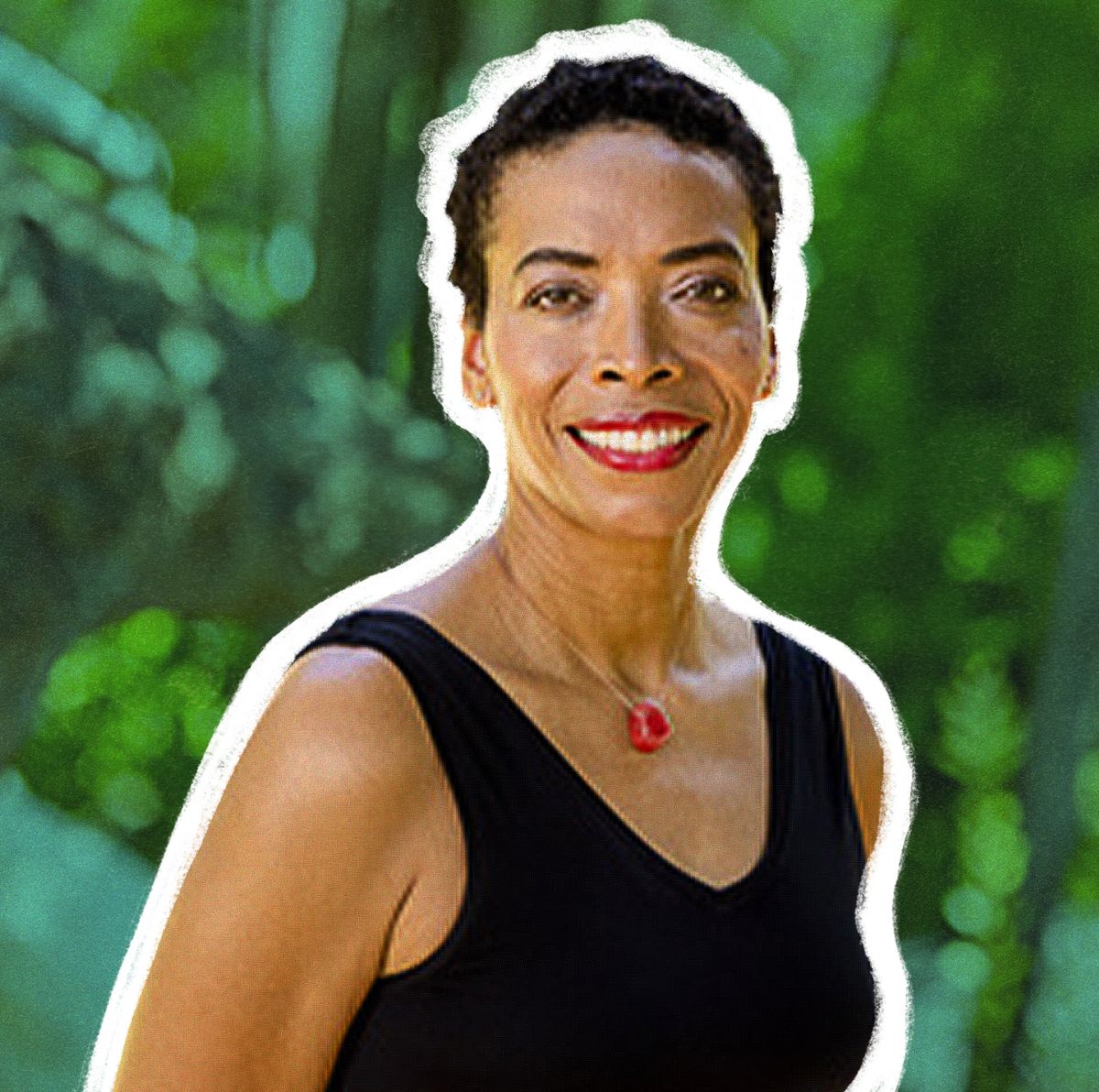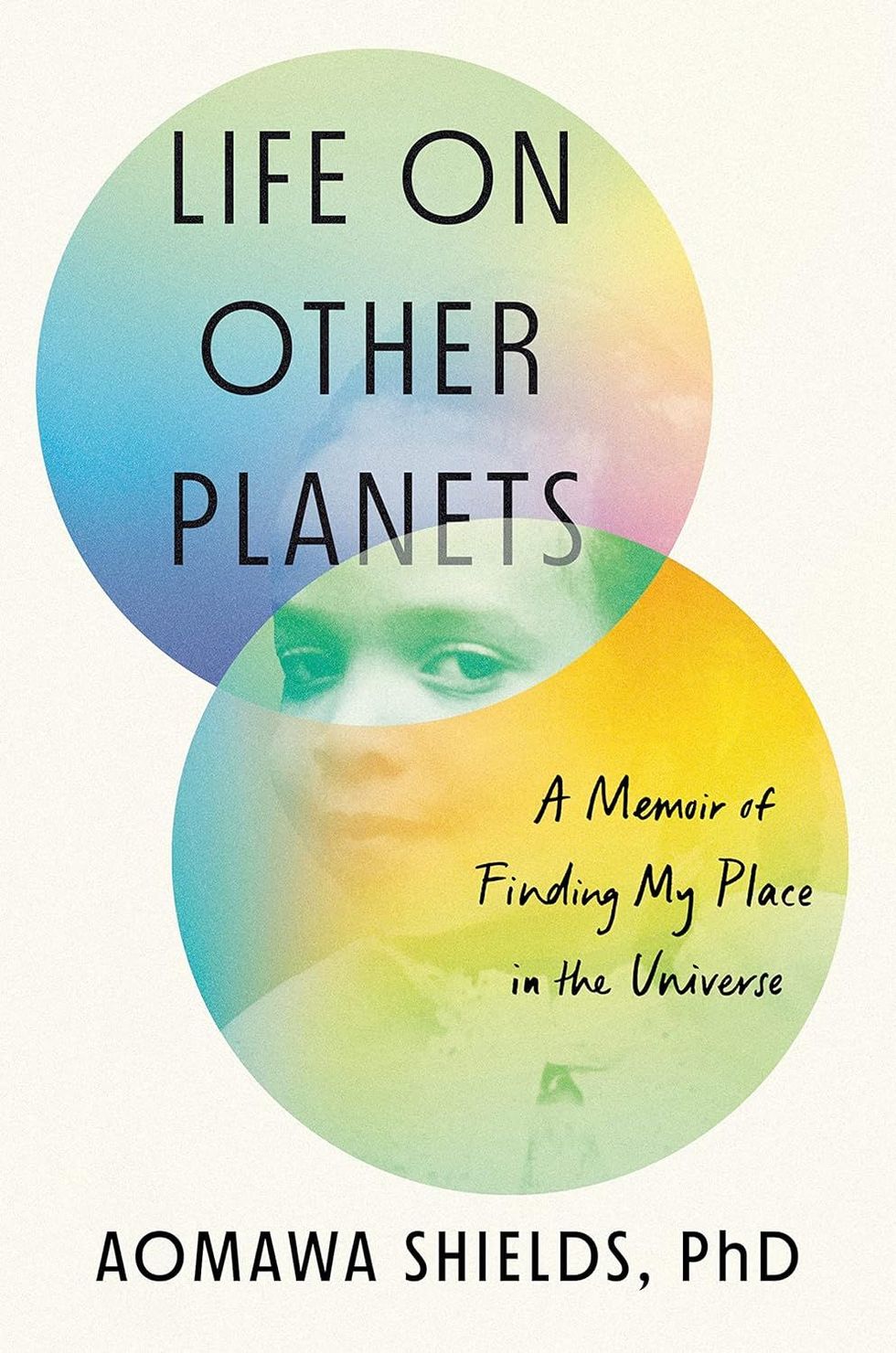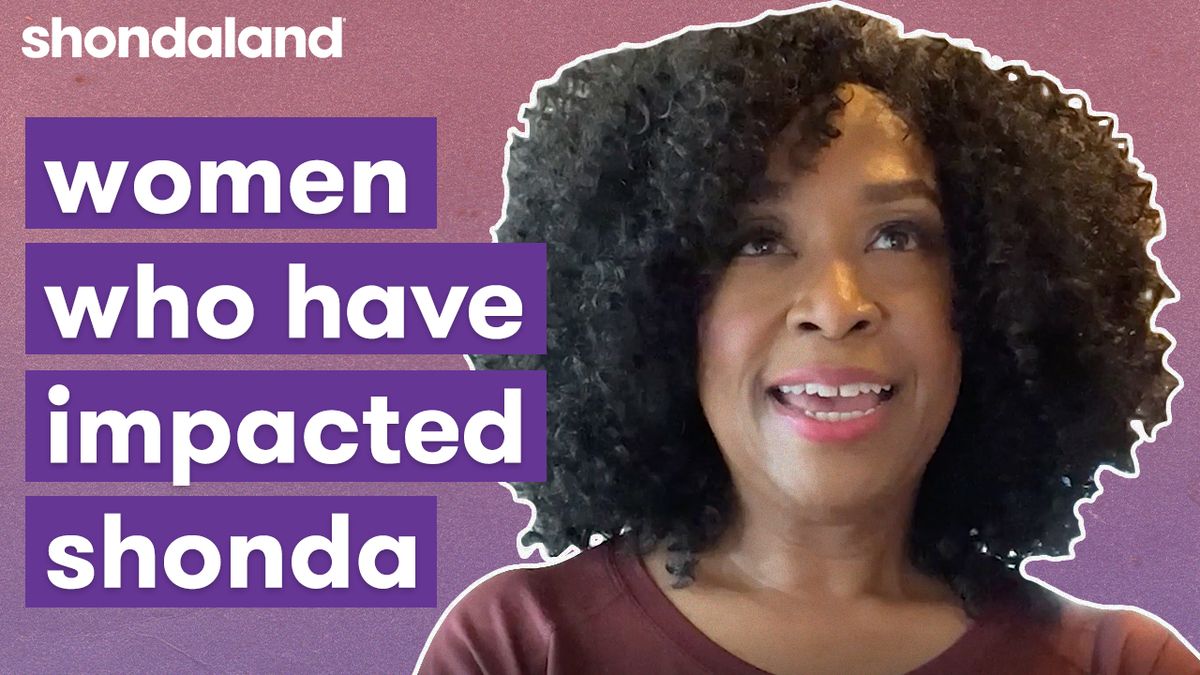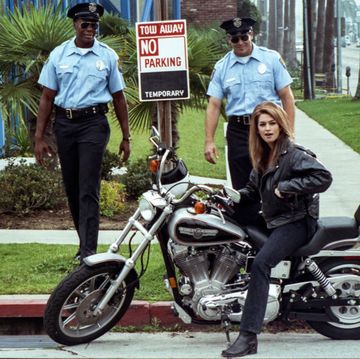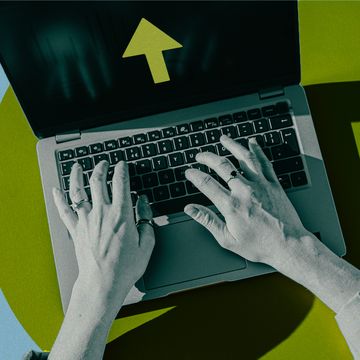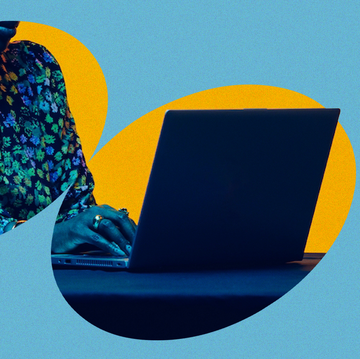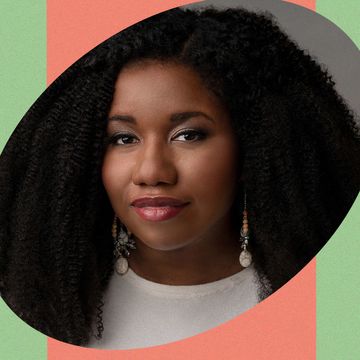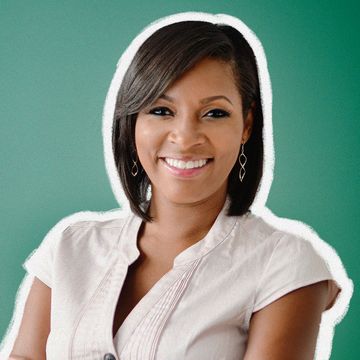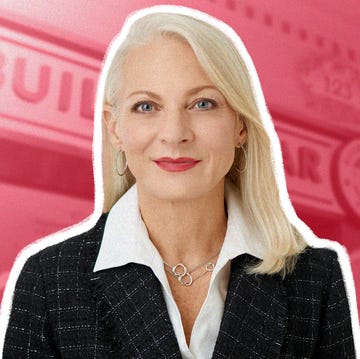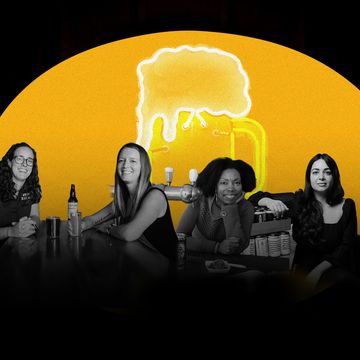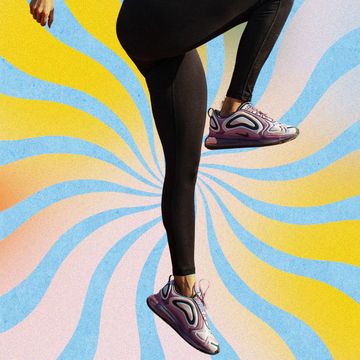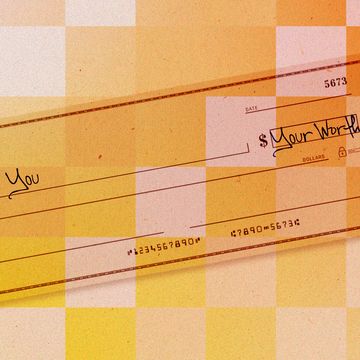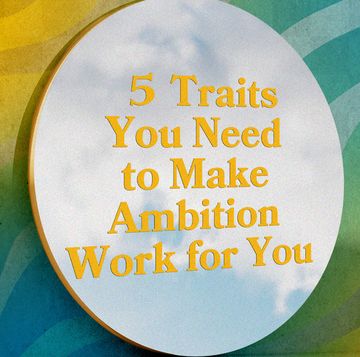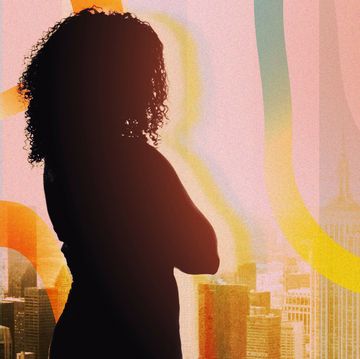In the ongoing Shondaland series Head Turners, we meet interesting women from every facet of life who are crushing it in their careers. From artists and tech mavens to titans of the boardroom, these women are breaking barriers, and they’ll share how you can too.
As she worked toward becoming an astrobiologist, Aomawa Shields faced a fork in the road: continue down a studious path at the Massachusetts Institute of Technology toward a career in science or pivot to professionally pursue acting, an unexpected but equally inspiring passion that ignited an entirely different part of her persona.
“When I started to take acting classes at MIT, I recognized how much acting was a part of me,” Shields explains. “When I got there, I was set up to see myself as different. Because I had this division within me, I wasn’t fully present in my astrophysics program. When you’re not 100 percent there, giving your whole self to something, it’s very difficult to excel in that thing.”
In her memoir, Life on Other Planets: A Memoir of Finding My Place in the Universe, the astronomer, astrobiologist, and University of California, Irvine, professor explores her unconventional journey to become one of the few Black women astrophysicists. After her 11-year pursuit to become a professional actor, she went back to school at age 34 to earn a Ph.D. in astronomy and astrobiology.
Shields, a 2015 TED Fellow and recipient of several grants and awards from NASA and the National Science Foundation, recently spoke with Shondaland about why emotion should be an important part of science and how she’s learned to trust herself.
HOPE REESE: You wanted to be an astronomer from the age of 12. Back then, did you question whether it would be possible?
AOMAWA SHIELDS: A turning point was seeing this movie called SpaceCamp, where I watched kids my age become astronauts. At that time, it didn’t occur to me that that was unrealistic. I thought it was every bit as possible for me to do that as them.
This is why role models are so important. I looked at the movies as an indicator of what was possible. I thought, “Oh, those kids can get launched into space. It can be done.” And then I went home and plotted out my career.
I had this methodical part of my brain that saw a series of steps. I pulled out those encyclopedias and looked up “astronaut” and “astronomer” and decided I was going to go to MIT, the best science school in the world. I was going to study astronomy and then apply to NASA. At the time, I thought this was completely doable.
HR: Did you feel a sense of relief when you started acting after MIT?
AS: Science seemed so void of emotion. Scientists and professors didn’t seem to care about the feelings I had about what I was learning. It seemed very results-oriented. Science, for me, must be personal for me to be invested in it. But at the time, I saw it as a sterile enterprise.
In acting, they’re like, “We want your feelings [and] emotions. We want you to go back in your memory to your childhood joys and disappointments and bring those all to the forefront of your life so that you can use those experiences to embody characters that you’re creating.” That felt intensely personal. I was dormant for so long, and I started to come alive.
HR: What did acting teach you about yourself?
AS: Even though I loved embodying other characters and experiencing their joys and sorrows as if they were my own, I discovered that the character I was most interested in embodying was myself. That journey to discovering, and ultimately accepting who I was, was the most satisfying part of that acting training.
I was able to get a job at Caltech working for a space telescope called Spitzer, which is like Hubble, looking at the universe with infrared eyes. That was really like my gateway back into astronomy. I went to astronomy talks, and I loved the talks that had to do with exoplanets. I was put in touch with Neil deGrasse Tyson, who pushed me to get a Ph.D. He said a Ph.D. gives you street cred.
HR: What was it like when you went back to school?
AS: When I came back 11 years later and started the Ph.D. program all over again in astronomy at the University of Washington, I had three reasons to feel separate: I was an African American woman in a field still dominated by white men. I was an older returning student. I was 34 years old, 10 years older than most of my cohort. And I was a classically trained actor. Impostor syndrome reared its ugly head big time.
I knew what not to do this time around. I knew not to isolate myself. I knew that community was important. I went after every single mentorship program that existed: process groups for graduate women of color, mentorship groups for people of color in the sciences.
I had a mentor in that program tell me something that rocked my world. It was that my theater background is my superpower. That was the moment when I realized, “Oh, this isn’t something that I have to be ashamed of, or embarrassed by, or ignore, or deny, or distract away from. It actually helps make me a better scientist if I let it.”
HR: Do you ever still feel that impostor syndrome?
AS: That impostor syndrome is still there. I have to remember to treat myself gently and to remind myself of all the choices I’ve made actively. That keeps me from falling into the victim’s place around it: “Okay, maybe I won’t get promoted as quickly as my peers. However, the reason for that are things that I’ve honored about myself.”
HR: What advice would you give people who haven’t been able to reach your level?
AS: There’s no one way to do it. Whether it’s science or it’s something else entirely, the only way to do it is to be you doing it. It doesn’t have to be a big, radical step. Many people don’t have that facility. Yet there’s something that they feel as though they’re meant to be that surfaces that’s not yet present for them. It only takes, in my experience, small steps — small, incremental steps to move us in the direction of where we’re meant to be.
Hope Reese is a freelance journalist who contributes to The New York Times, Vox, The Atlantic, and other publications. Her book, "The Women Are Not Fine," will be published in 2025.
Get Shondaland directly in your inbox: SUBSCRIBE TODAY
